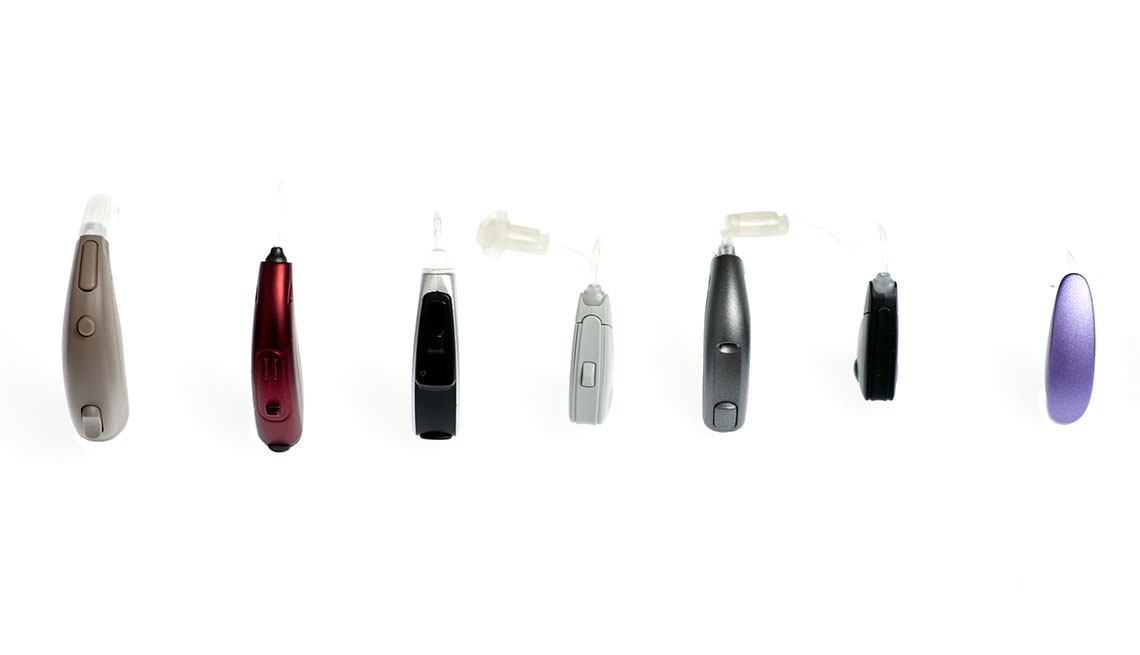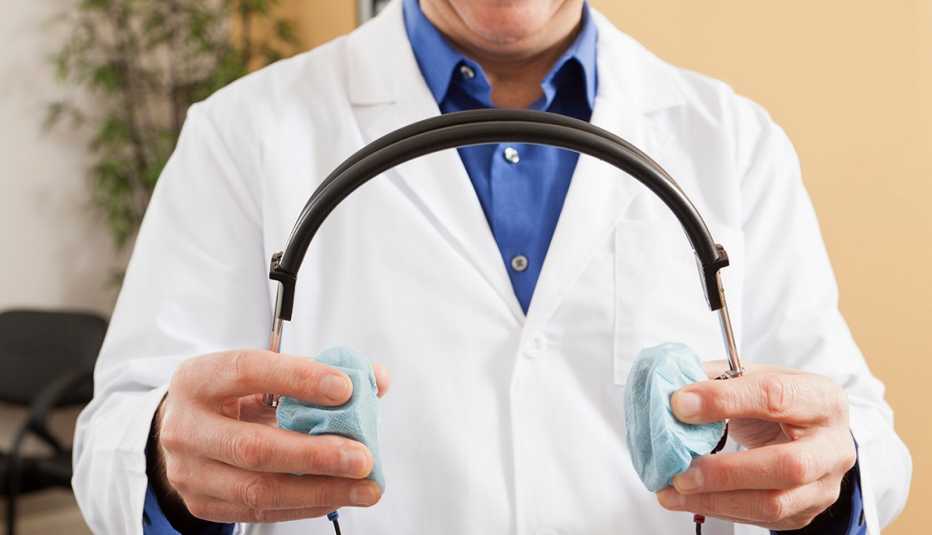Staying Fit
Getting a hearing aid has never been an easy process.
Before consumers can buy one, they generally must see a licensed professional, which requires appointments, tests and fittings. The experience is similar to purchasing prescription eyeglasses, and in the end, patients may end up spending thousands of dollars, an expense not covered by Medicare or most insurance companies.


AARP Membership— $12 for your first year when you sign up for Automatic Renewal
Get instant access to members-only products and hundreds of discounts, a free second membership, and a subscription to AARP the Magazine.
Those are some of the reasons studies show that only 20 to 30 percent of adults who could benefit from a hearing aid ever get one.
But things may soon change.
Beginning next year, if not sooner, consumers should have access to over-the-counter (OTC) hearing aids that are expected to bring down the price and hassles associated with purchasing one. The change comes thanks to a federal law passed in 2017 directing the U.S. Food and Drug Administration (FDA) to ease barriers to buying a hearing aid.
The new devices are expected to cost less than traditional hearing aids. “There will be so much consumer interest,” says David Copithorne, content director at HearingTracker.com, a website that monitors the industry. “These products will make a difference.”
The change also promises to open up the often confusing process of purchasing these expensive products.
But these new self-fitted devices won’t be for everyone. For one, they’re designed for people with only mild to moderate hearing loss. Treating more severe loss requires careful adjustments and monitoring.


































































